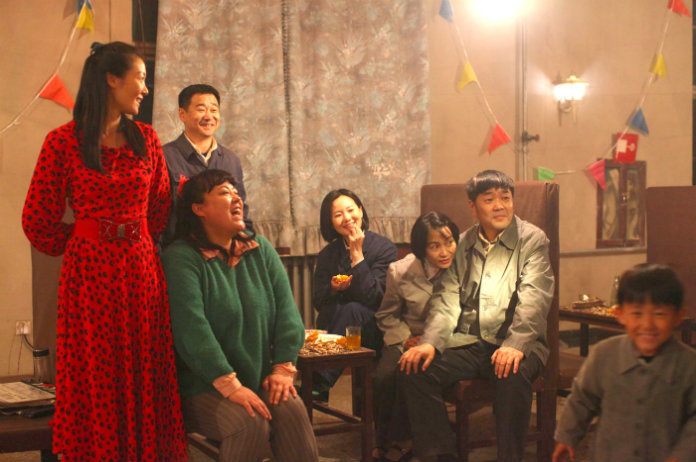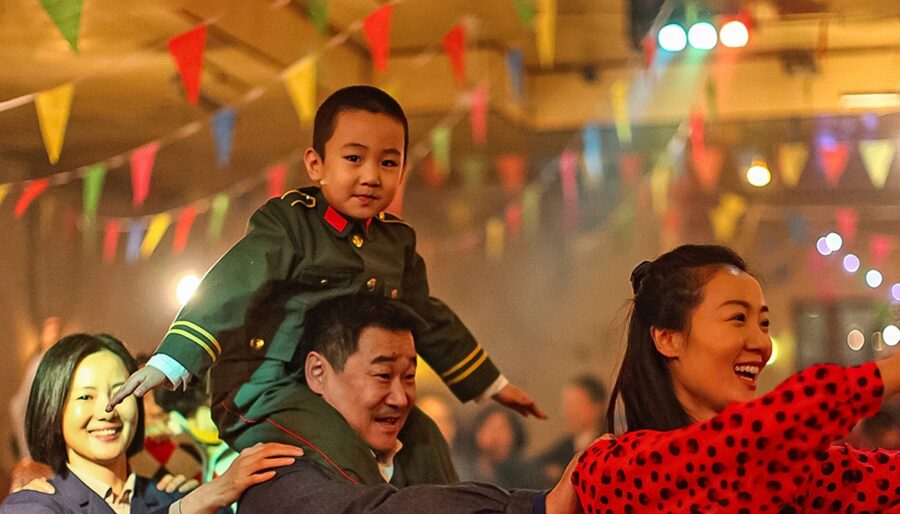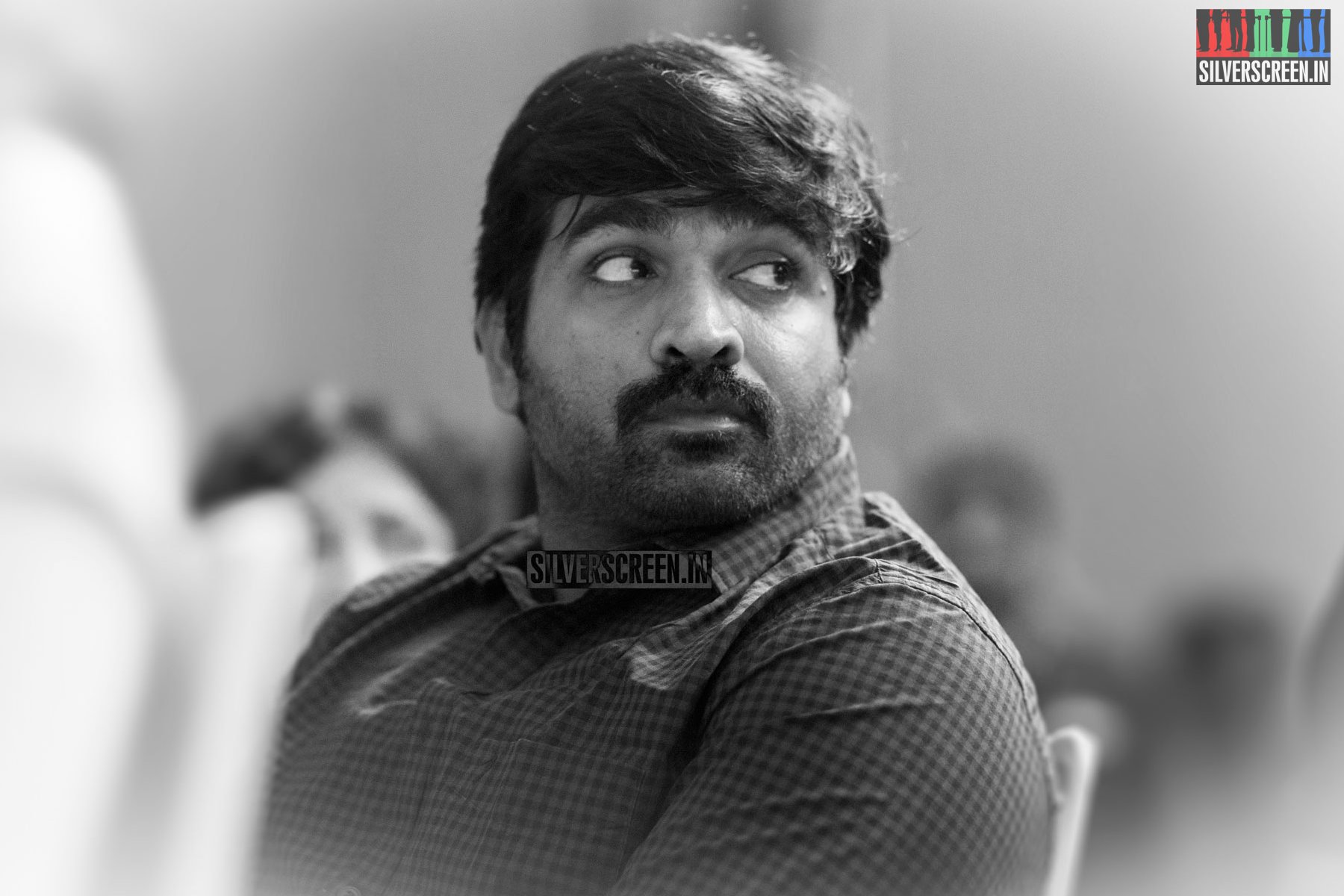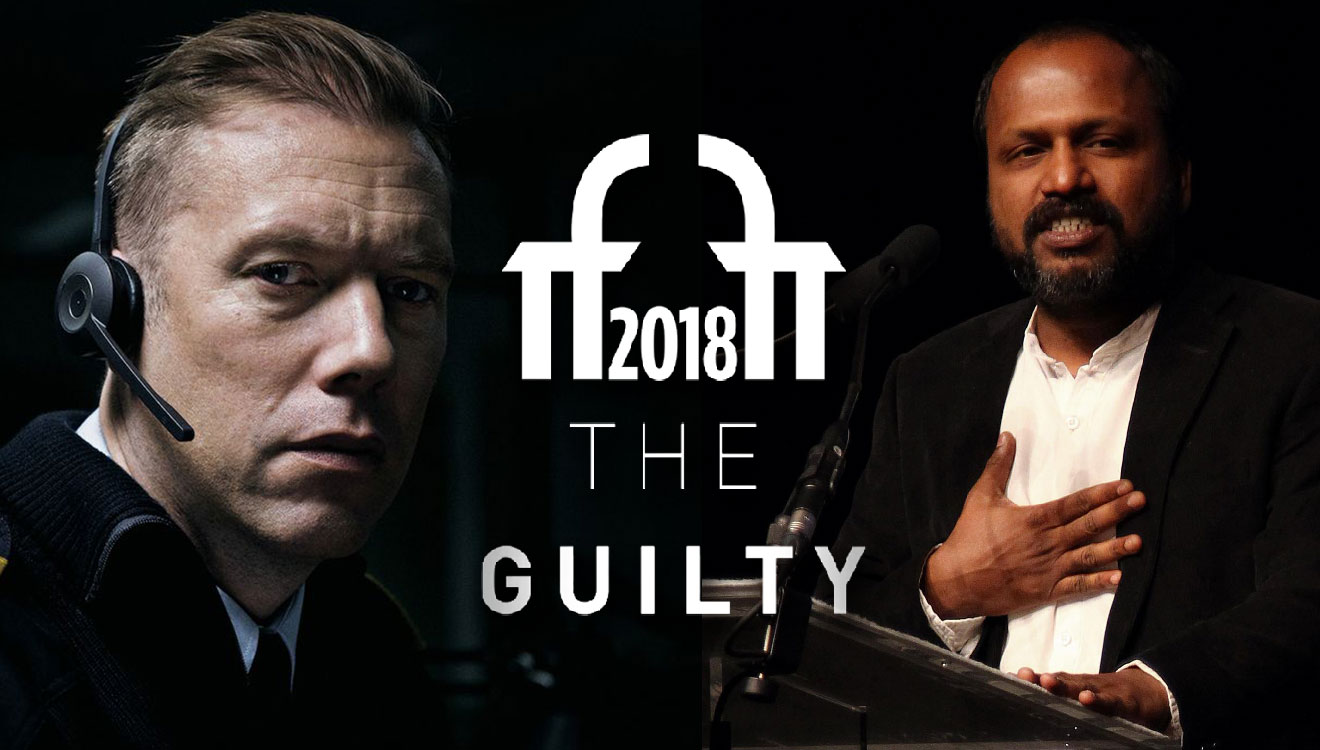“Germany is the first country that Hitler attacked”: Unknown
Chinese filmmaker Wang Xiaoshuai’s So Long My Son opens to a scene of heartbreak – a little boy has drowned in a reservoir. His parents and a few other people rush him to the hospital where he’s declared dead. On the sideline, a mother runs to her boy, the friend of the victim, perched on a rock overlooking the spot of the tragedy, trembling. At this point, life changes for all the characters.
So Long My Son is a critique of the Chinese government – especially the one-child policy it imposed on its citizens in 1979 to press on economic prosperity and rolled back in 2015 – masqueraded as a deeply affecting slow-moving saga of two families over a period of three decades.
The film, the winner of the Best Actor and Best Actress awards at the 2019 Berlin Film Festival, begins in the late 1970s in post-Cultural Revolution China, and ends in the present day when the country has transitioned to state capitalism.
The characters are constantly in motion and transformation. They go from cities to villages, from being friends to strangers; their reality continuously meddled with by the government.
From the opening scene, the film shifts to a different timeline and a town by the side of the sea where the parents of dead boy, Liyun (Yong Mei) and Yaojun (Wang Jingchun) are now living with a teenager whom they address as their son. The boy is even named Xingxing, after their late son.
The narrative structure doesn’t immediately provide the audience with an explanation to the rough relationship the couple share with him. Is he their second child, or a foster son? Xiaoshuai spills information in a painstakingly slow fashion, unfolding bit by bit the big picture of the emotional turmoil the characters suffer from.
The non-linear film, which might come across as ambiguous in the initial parts, is a brilliant counterpoint to the principles the Chinese government has forever been pressing on its people, to straighten human existence out into easily memorisable statistics and codes, and repress the country’s history.
The present, the film says, is deeply connected to the past. Life is barely easy for the characters as they are weighed down by unexpressed emotions and guilt. The essence of humanness, the ability to feel, is hard to be erased.

SoLongMySon_trigon-film
A flashback sequence shows that Liyun was forced by her best friend and colleague, a loyal member of the communist party, to undergo an abortion when she’s discovered to be pregnant with a second child. The surgery scars her permanently, first physically and later emotionally, after the death of little Xingxing, as she would no longer be able to bear a child and be a mother.
Wang Xiaoshuai is widely regarded as one of the prominent sixth generation Chinese filmmakers who weren’t directly affected by the Cultural Revolution. He lived most of his life in the city, in the time of economic progression. His films, like the works of filmmakers like Jia Zhangke, looks at the impact of the revolution in contemporary Chinese society. He uses the prism of intimate stories and family dramas. One of the primary themes he tries to explore in So Long My Son is the undue amount of sacrifices an individual is forced to make for nation-building.
After the forced abortion and sterilisation, Liyun and Yaojun are hailed as ‘heroes’ and are felicitated by the communist party. At the ceremony, they are coerced into smiling for photographers, although the camera, in tight shots, only reveals their pain. A few scenes later, the factory terminates their employment contract. The economic progress the protagonists sacrificed their unborn child and peace of mind for, doesn’t lift them up from their state of poverty. One of the sub-characters, a cheerful friend of the couple, is imprisoned by the state on the grounds of breaking rules – he played Boney M music at an underground house party. He returns as an emotionally disabled man, unable to express his anger or gloom.
Recommended
Xiaoshuai focuses on depiction of melancholy through non-verbal scenes. The characters almost never reach a point of catharsis until the climactic moments. The film concludes in a picture-perfect image that shows the characters having moved on in their life, far enough to pardon the state of the damages it inflicted on them.
So Long My Son is one of the two major Chinese films on the One Child Policy, which made waves in the international film festival circuit in 2019. The other film, director Nanfu Wang’s documentary One Child Nation, closely examines a society overridden by propaganda that submitted itself to a social experiment of far-reaching impacts. Wang’s film is banned in China, which is unsurprising for such hard-hitting critiques of Chinese government are unlikely to pass through the the country’s strict censorship laws. But So Long My Son, interestingly, not only received the nod of the country’s propaganda department, but also bagged two important awards at China’s top film awards known as Golden Roosters last year.
Xiaoshuai’s narrative style has soft-edges that drives the viewers’ immediate attention to the emotional details. One of the prominent narrative devices he uses is a Scottish ballad about friendship, Auld Lang Syne, which is immensely popular in China cutting across its past and present generations. By focusing on the human elements – the suffering, the complex dynamics within relationships, and the little gestures – the filmmaker tells the audience that history, at the end of it all, is about people, and not about national policies.



